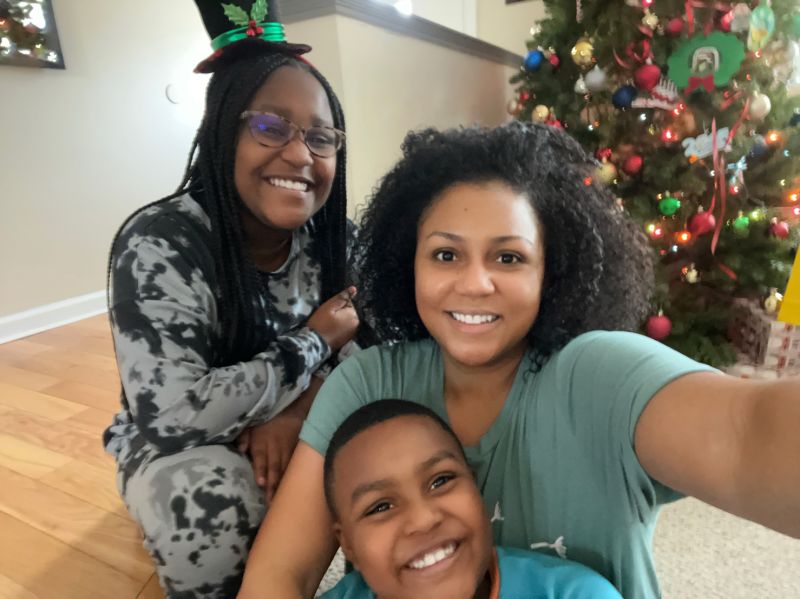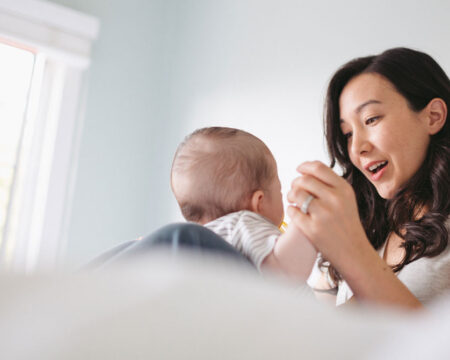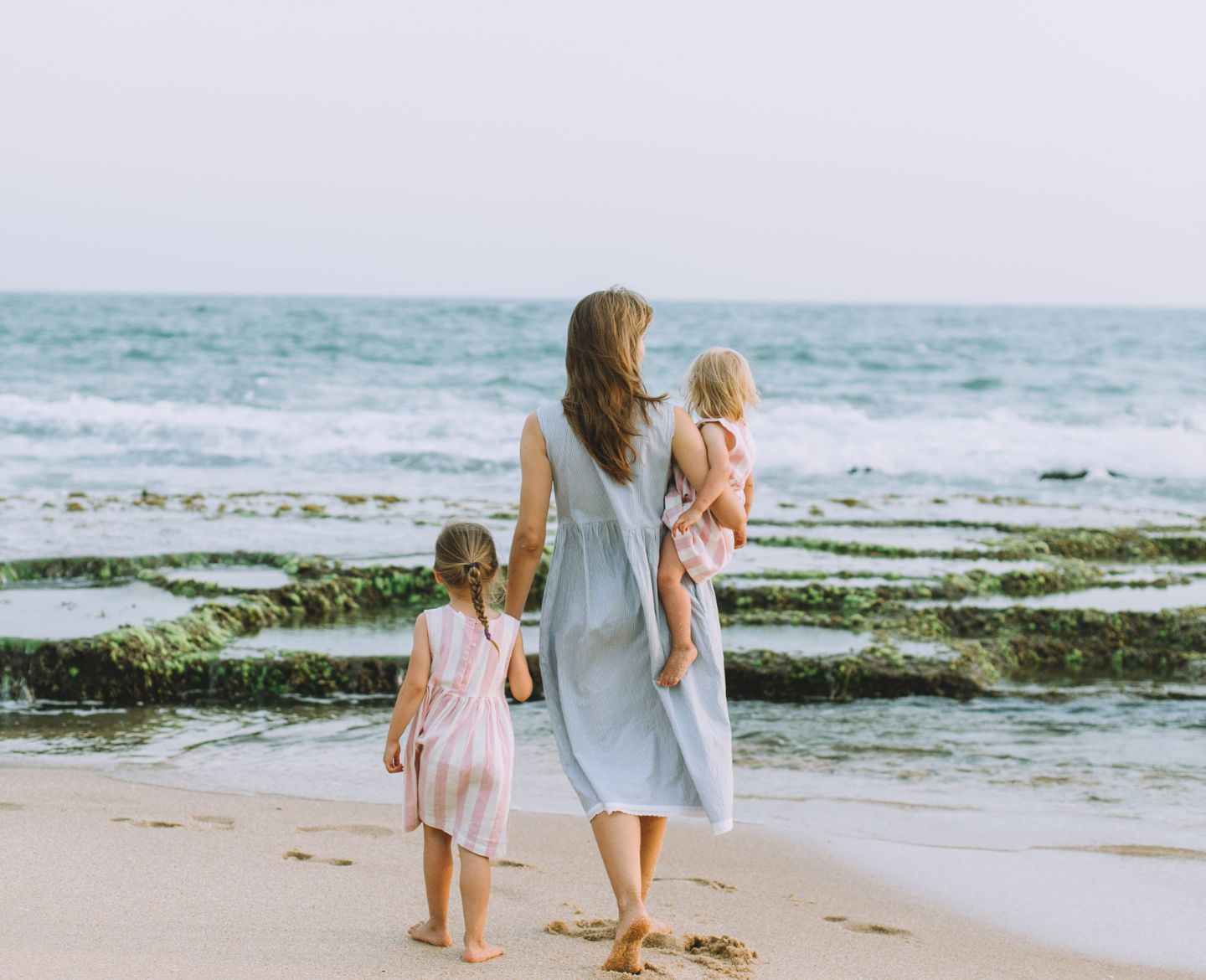I’m a divorced mom, but don’t tell me my kids live in a ‘broken home’
I'm proud of the home I've made for my children, because let me tell you, single motherhood isn't easy.

I have problems hearing, so I have to work hard to listen when others talk, especially on conference calls. So when my brain confirmed what my ears heard—that someone on a recent call referred to single-parent households as “broken homes”—I was puzzled and offended at the same time.
What in the 1952?!, I thought to myself. I thought stigmas surrounding divorce were outdated. Was I wrong?
Being a data junkie, I had to research this term. Evidently, “broken home” surfaced in the mid-19th century, and was used to cover the absence of one parent for any unfortunate reason, including prolonged illness, incarceration, or extreme poverty. The use of it reached its peak between 1950 and 1970, which coincided with the rise of civil rights and feminism in America.
Being outspoken on social media, I turned to my community to see if this was still a common term to use. As I suspected, not so much. My post about this incident went viral because an overwhelming amount of parents either said they grew up in an alleged “broken home,” or were currently running an alleged “broken home.”
I’m proud of the home I’ve made for my children, because let me tell you, single motherhood isn’t easy.
But here’s the thing that really stumped me: The person who uttered the phrase worked for an award-winning, insightful business magazine. I thought their vocabulary would be more progressive than to use such a derogatory, outdated phrase.
Today almost a quarter of U.S. children under the age of 18 live with one parent and no other adults. (That’s three times the amount of kids in the U.S. who have asthma, and I thought that was the biggest commonality amongst all the kids at my children’s elementary school.) And years ago credible data outlets reported divorce was becoming more common in all types of households, including those run by people over 40. For me, “broken home” is as offensive as using the phrase “colored”, another embedded term in the English language designed to shame a marginalized group.
I’m proud of the home I’ve made for my children, because let me tell you, single motherhood isn’t easy. I can’t take advantage of tax credits in the same way as married couples and I receive inadequate child support.
I prefer to hear I’m running a “single-parent home” or “single-parent household,” and this is without a doubt the PC term. I’m 100% a single parent by choice. I divorced my ex-husband understanding he could no longer emotionally, mentally, or financially contribute to our “marital household.” With my back against the wall, I tried to make a 10-year marriage work, and I had to prepare myself to pick up his slack. With alcoholism, depression, anxiety, and co-dependency prevalent in our lives, the home we shared was much more broken and filled with negativity than the one my kids live in with me now.
I don’t judge people who decide to remain in married “broken households.” Even for those who manage all of their families’ household responsibilities, the devil you know is better than the devil you don’t. All I ask is for the same respect in return.
My children are far from broken—they are independent, kind, resilient, educated and blessed. My home may not look like everyone else’s but those are definitely all the qualities every parent hopes for their children. I just had to leave an unfortunate situation to make that happen all by myself for my babies.


